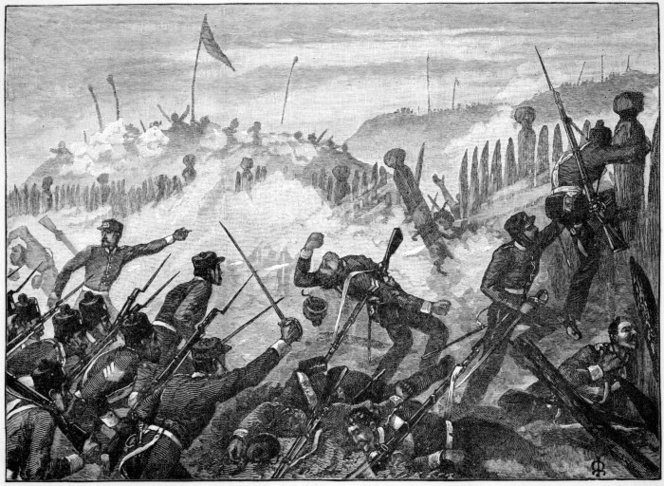"Meet The New Boss - Same As The Old Boss" The key question of Grant Robertson's "Future of Work" inquiry has been: What must Labour do to guarantee employers a steady supply of productive workers as New Zealand and the rest of the world enters the so-called “Fourth Industrial Revolution”? Rather than making his FoW project about empowerment, Robertson chose instead to make it about facilitation.
RICHARD HARMAN writes approvingly about Labour’s turn to the
Small and Medium Enterprise (SME) sector. His Politik Blog entry of 29/8/16
covers Labour’s second “Future of Work” conference, held in Wellington last
Friday (26/8/16) which he sums up with the sentence: “Labour is beginning to
sound like a more entrepreneurial small-business friendly party as it digests
the results of its study into the future of work.”
The “Future of Work” (FoW) project has been Grant
Robertson’s baby ever since Andrew Little pipped him at the post for the Labour
leadership in 2014. As an idea, FoW promised much. Initiated with radical
intent it could easily have grown into a broad investigation into what
twenty-first century workers expect of their employers, their workplaces, and
paid employment in general. Such an investigation could have identified both
the good and bad of contemporary employment practice and provided a compelling
snapshot of what working life is like, 25 years after the Employment Contracts
Act, and what it could look like in the future.
But that is not the direction in which Robertson opted to
steer the FoW project. Rather than focus on the work people do, the conditions
under which they’re required to do it, and how much they’re getting paid for
it: the details of working life in which the Labour Party has, for the best
part of its 100 year history, been most interested; Robertson and his team
opted to take the technocratic route.
Instead of asking: What are New Zealand workers experiencing
now? And: What tools do New Zealand workers need to ensure that their future
work experiences are better, not worse, than todays? The key question of
Robertson’s FoW inquiry has been: What must Labour do to guarantee employers a
steady supply of productive workers as New Zealand and the rest of the world
enters the so-called “Fourth Industrial Revolution”? Rather than making the FoW
project about empowerment, Robertson chose instead to make it about
facilitation.
Which is where Labour’s turn to the SME sector enters the
picture. As Harman notes in his Politik article: “Though the fine print
has still to be delivered, the general thrust of where the party is going marks
a substantial break with its big-industry oriented past.” Or, to put it another
way, the Labour Party which Robertson is shaping, rather than being a vehicle
for the needs and aspirations of factory workers, construction workers, shop
employees, office workers, hospitality staff, transport operators and general
labourers, will instead become the party of highly-skilled STEM workers,
creatives and professionals.
This represents a major shift in Labour’s class allegiance:
one which can only lead to a radical re-ordering of the party’s priorities.
SMEs are no less grasping than large enterprises when it comes to divvying up
the fruits of their employees’ collective effort. Indeed, they are often much
worse. About this aspect of small-scale capitalism, Robertson and his team have
little to say.
They are considerably more voluble, however, on the subject
of self-employment. As Harman puts it: “Perhaps the most radical impact of the
study has been a recognition by Labour that particularly young people have a
“tremendous desire” to be their own boss.” We are not told whether these young
people’s aspiration to become their own boss is matched by an equally strong
determination to become somebody else’s.
The power relationship between employers and employees is
still the principal driver of capitalist social relations. It also supplies the
underlying logic of capitalist politics. Labour’s core mission, as a political
party, has been to reshape New Zealand society in ways which ensure that the
power relationship between bosses and workers is as equitable as possible.
Crucial to that mission has been the trade union. What Harman failed to notice
(or perhaps he did notice, but considered it unimportant) is that in
Robertson’s 3,431-word opening address to the second FoW conference there is
not a single reference to the institutions out of which the Labour Party was
born.
It is difficult to avoid the conclusion that, at least as
far as Grant Robertson is concerned, trade unions have nothing to contribute to
the future of work – or workers – in twenty-first century New Zealand.
This essay was
originally posted on The Daily Blog
of Monday, 29 August 2016.









